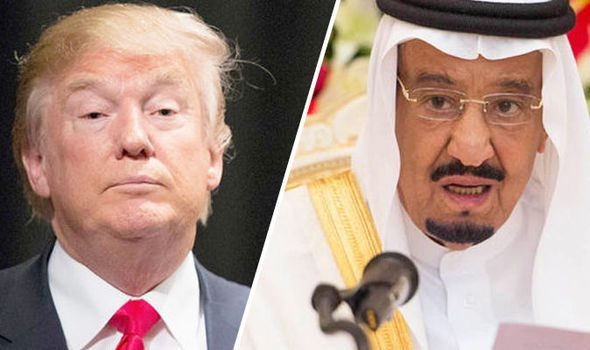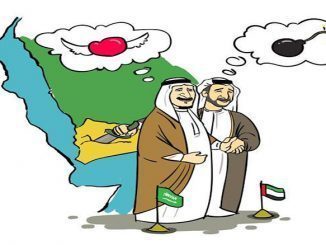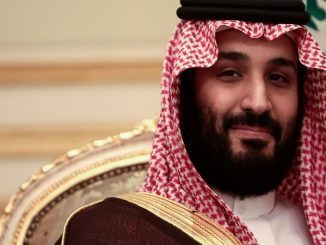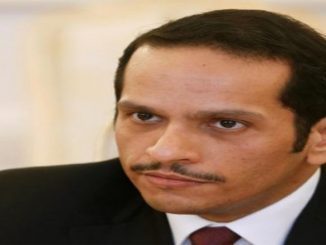
Billionaire businessman Masayoshi Son, also the head of Japan’s SoftBank Group Corp, pledged a $50 billion investment in the United States, creating 50,000 new jobs, following a 45-minute private meeting with President-elect Donald Trump.
The telecom mogul, who made his fortune in Japan with SoftBank Group Corp., announced his investment plans in the lobby of Trump Tower, though he didn’t provide details. Mr. Trump took credit for the investment, saying his November victory spurred SoftBank’s decision.
In reality, a big chunk of the cash is likely to come from the Saudi government.
Mr. Son said the source of the investment would be a $100 billion fund SoftBank launched in October with Saudi Arabia.
That fund, Softbank Vision, is part of Saudi Arabia’s plan to become less dependent on oil.
SoftBank has pledged $25 billion over the next five years. Saudi Arabia is planning to contribute $45 billion over the same period from its Public Investment Fund (PIF).
The PIF was established in 1971. Its main purpose is to manage the Saudi government’s investments in companies at home and abroad. Deputy Crown Prince Mohammed bin Salman, who has been leading PIF since March 2015, has revised its investment strategy to support the diversification away from oil.
Mr. Son told reporters he planned to “invest into the new startup companies in the United States.” It would be difficult to create 50,000 jobs entirely by investing in startups, which generally employ few workers. Sprint employs about 30,000 people and has cut jobs to combat losses.
Mr. Son also said the money will be coming from a $100 billion investment fund that he began setting up earlier this year with Saudi Arabia’s sovereign-wealth fund and other potential partners.
Mr. Son’s plan to pour $50 billion is massive compared with the total amount of capital in venture circles. Venture-capital firms had $163 billion available to invest in new deals as of June 2016.
Saudi Arabia and America have historically close ties, although these were strained during President Barack Obama’s presidency due to disagreements over policy. The election of Trump has generally pleased the Kingdom, as they see his conservative, Republican views as more in line with their own.
However, Trump has previously made threats to cut off US oil purchases from Saudi Arabia, striking fear into the hearts of Saudi oil companies. With Trump’s foreign policy approach unclear, it appears the Saudis are making every attempt to appease the new President and maintain their powerful alliance with the US.
Such attempts also appeared when Saudi Arabia banned the journalist Jamal Khashoggi from writing in newspapers, making TV appearances and attending conferences after making disparaging remarks about Donald Trump.
After Khashoggi voiced criticism of Trump at a Washington think-tank on 10 November, an official Saudi source was cited by the Saudi News Agency as saying that Khashoggi did not represent the Kingdom of Saudi Arabia in his interviews or statements.



